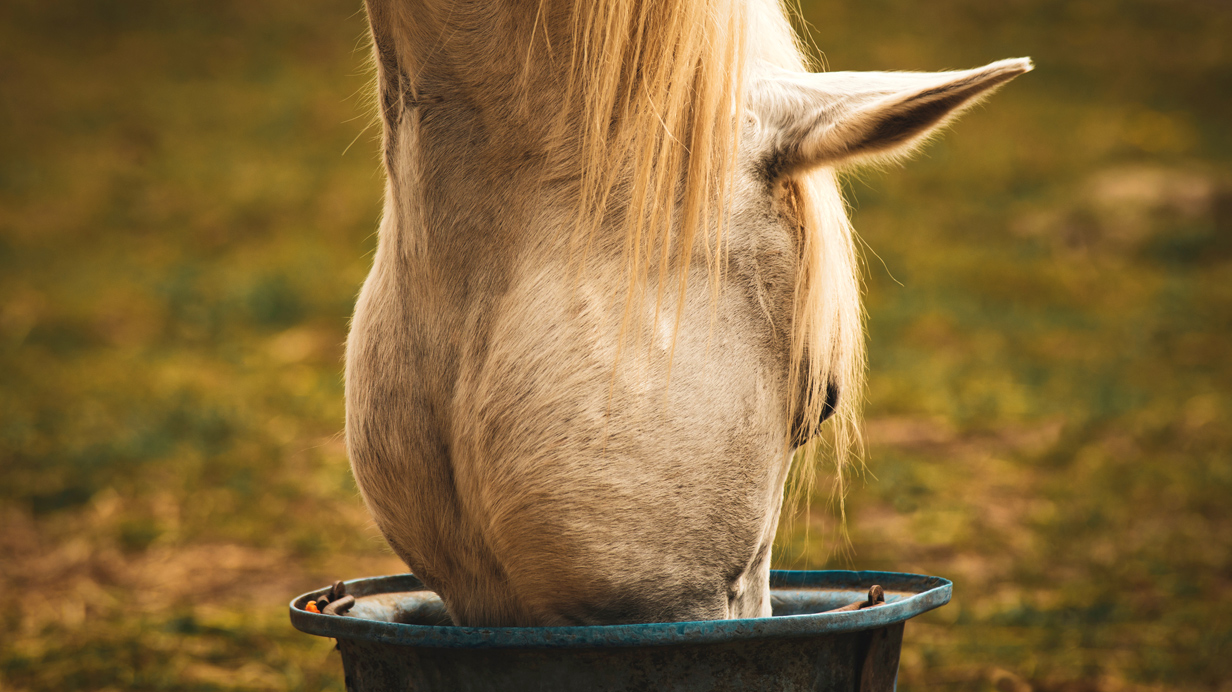Minerals are essential nutrients for horses
Horses use their nervous and musculoskeletal systems to move every day. To keep these systems healthy, it’s important to include the right minerals in their ration.
What are minerals
Minerals perform many functions in the body, including building structures, transporting nutrients and regulating osmotic pressure. You’ll even find some minerals in amino acids and hormones.
Minerals are divided into two groups, macrominerals and trace minerals.
A horse’s diet must contain larger amounts of macrominerals. These include:
- Calcium (Ca)
- Phosphorus (P)
- Sodium (Na)
- Chlorine (Cl)
- Potassium (K)
- Magnesium (Mg)
- Sulphur (S)
Although needed in smaller amounts, trace minerals are just as important for the proper functioning of a horse’s body. These include:
- Cobalt (Co)
- Copper (Cu)
- Iodine (I)
- Iron (Fe)
- Manganese (Mn)
- Zinc (Zn)
- Selenium (Se)
Minerals interact with each other and sometimes use the same transporters to travel through the body. That’s why an inadequate amount of one mineral can reduce the absorption of another or change the way that it’s used. Many vitamins also interact closely with minerals.
Finding the right balance
Creating a good feed program means selecting the right feed to ensure that a horse’s daily ration is complete, balanced and meets its individual needs. Research studies have identified the nutritional needs of horses based on specific requirements (growth, maintenance, lactation, reproduction, activity level).
While forage may provide horses with sufficient calories and protein, it does not provide enough minerals to meet their daily requirements. For example, Québec soils do not contain selenium and are sometimes deficient in phosphorus, magnesium or trace minerals. In addition, the bio-availability of some minerals varies greatly depending on the quality and maturity of the hay.
To compensate for any deficiencies that may occur, Sollio Agriculture’s complete feeds contain all the essential minerals in the right amounts and from sources that are easily assimilated by horses. To balance the ration, remember that if you serve less feed than recommended on the label, you will need to make up the missing minerals with a complete supplement such as EquiBalance, Tonix or EquiBloc.
Although minerals can be found in many feeds, it’s important that your horse’s daily ration contains a sufficient amount of minerals.


